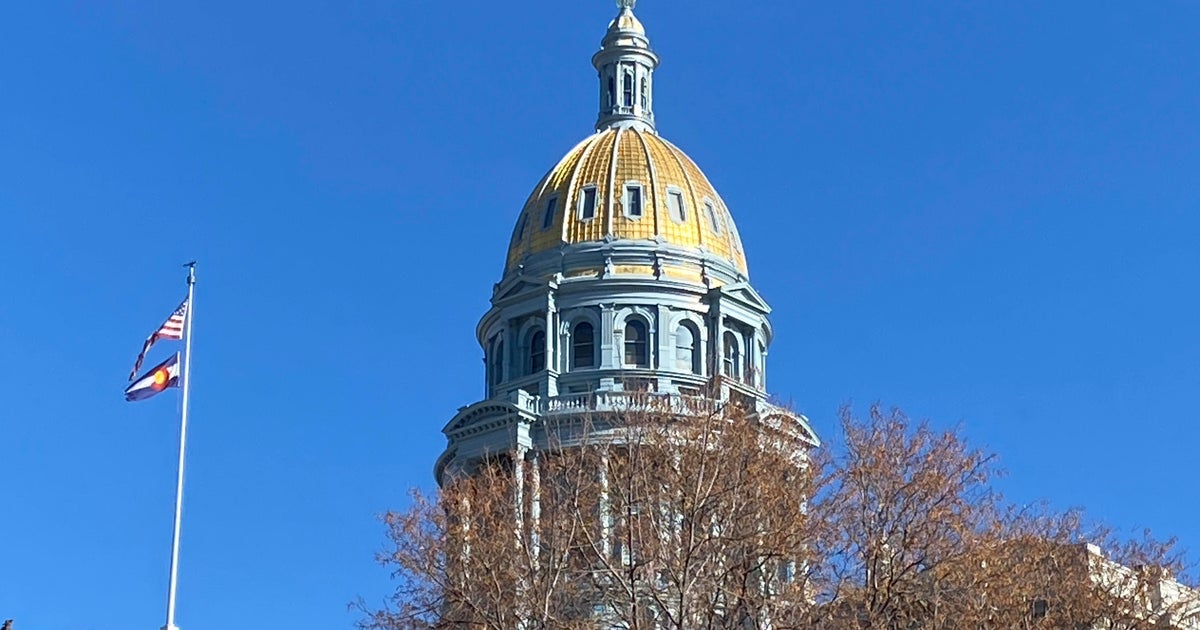JetBlue-Spirit Airlines merger blocked by judge over fears it would hurt competition
A federal judge on Tuesday sided with the Biden administration to block JetBlue Airways from buying Spirit Airlines, saying the $3.8 billion deal would limit industry competition and put pressure on airfares.
The Justice Department sued to block the merger, saying that JetBlue's buyout of Spirit, the nation's largest low-cost carrier, would reduce the availability of budget-friendly ticket options for the nation's most price-sensitive consumers.
JetBlue argued that the deal would actually benefit consumers by better positioning the airline to compete against bigger rivals that dominate the U.S. air-travel market.
In effect, the deal would have replaced low cost seats with pricier options, according to industry experts.
U.S. District Judge William Young, who presided over a non-jury trial last year, said in the ruling Tuesday that the government had proven "that the merger would substantially lessen competition in a relevant market."
JetBlue and Spirit criticized the ruling, saying a merger would have benefited consumers.
"We disagree with the U.S. District Court's ruling. We continue to believe that our combination is the best opportunity to increase much needed competition and choice by bringing low fares and great service to more customers in more markets while enhancing our ability to compete with the dominant U.S. carriers," the airlines said in a joint statement provided to CBS MoneyWatch.
The airlines added that they are reviewing the court's decision and evaluating their legal options.
Risky from the start
Airline industry watchdogs praised the court's decision to halt the deal.
"This is an enormous victory for travelers, workers and local communities, and another huge win for antitrust enforcers at the DOJ," said William J. McGee, senior fellow for aviation and travel at the American Economic Liberties Project, a nonprofit advocating for corporate accountability. "For the first time in 40+ years, a judge has flat out blocked an airline merger to protect us all from an even more consolidated industry, agreeing with the DOJ's rigorous and well-argued case that the deal would hurt competition and raise prices across the board."
"Airline executives and their Wall Street backers are now on notice," McGee added. "The days of relentless consolidation are over," he added.
The ruling didn't surprise industry analysts, given the Biden Administration's clear opposition to further consolidation in industries that are already highly concentrated, such as the airline business.
"This was a risky proposed merger from the start because JetBlue and Spirit are so very different as airlines," industry analyst Henry Harteveldt, president of Atmosphere Research Group, told CBS MoneyWatch.
Harteveld added that the merged airline would have offered some benefits by proving more competition for the largest U.S. carriers. But he also thinks the deal would likely have resulted in higher prices for travelers by eliminating Spirit's ultra-low fares.
"The odds were against JetBlue from the beginning because Spirit is a budget airline, and while JetBlue has low fares, it's not considered a budget airline," he said.
The judge's move to block the merger leaves the door open for other carriers to make bids for Spirit, according to Harteveldt.
Shares of Spirit Airlines plunged more than 53%, while JetBlue's stock price rose 6%.



